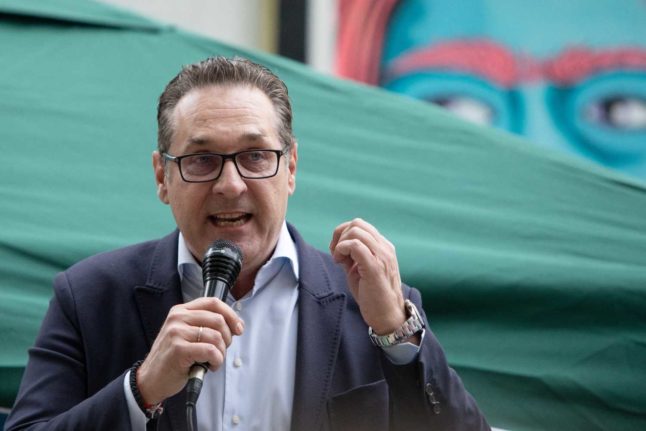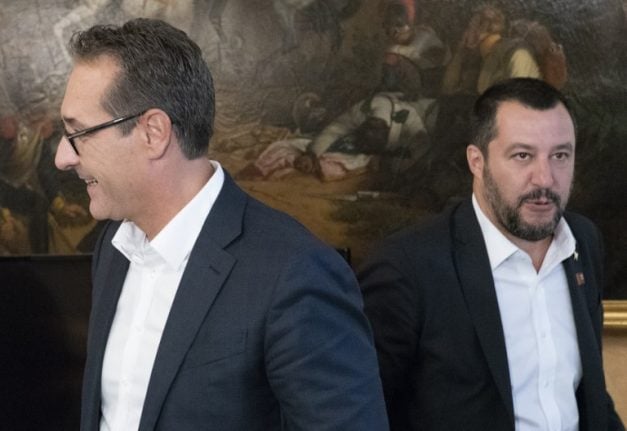Strache retired from politics after a video emerged showing him in Ibiza offering political favours in exchange for financial support.
He is accused of “receiving advantages” for his “support to modify legislation” and enable a cosmetic surgery clinic to join the country’s social security system, the prosecutors’ statement said.
In 2019, Austria’s government of Conservatives and the far right Freedom Party (FPOe) collapsed after the video, filmed secretly on the Spanish holiday island two years earlier, was leaked to the media.
The video had been shot when Strache was running for election, but he had become vice-chancellor by the time it was leaked and that proved devastating, sparking a police investigation.
Strache’s mobile phone revealed that he intervened when in office in 2018 to have the cosmetic surgery clinic put into the health system.
Strache faces up to five years in prison if found guilty. The clinic’s owner has also been charged, media reports said, linked to a 10,000-euro ($12,000) donation to the FPOe.
He had invited Strache aboard his yacht and told a parliamentary committee that the politician also spent four days at his holiday home on the Greek island of Corfu in 2016.



 Please whitelist us to continue reading.
Please whitelist us to continue reading.
Member comments